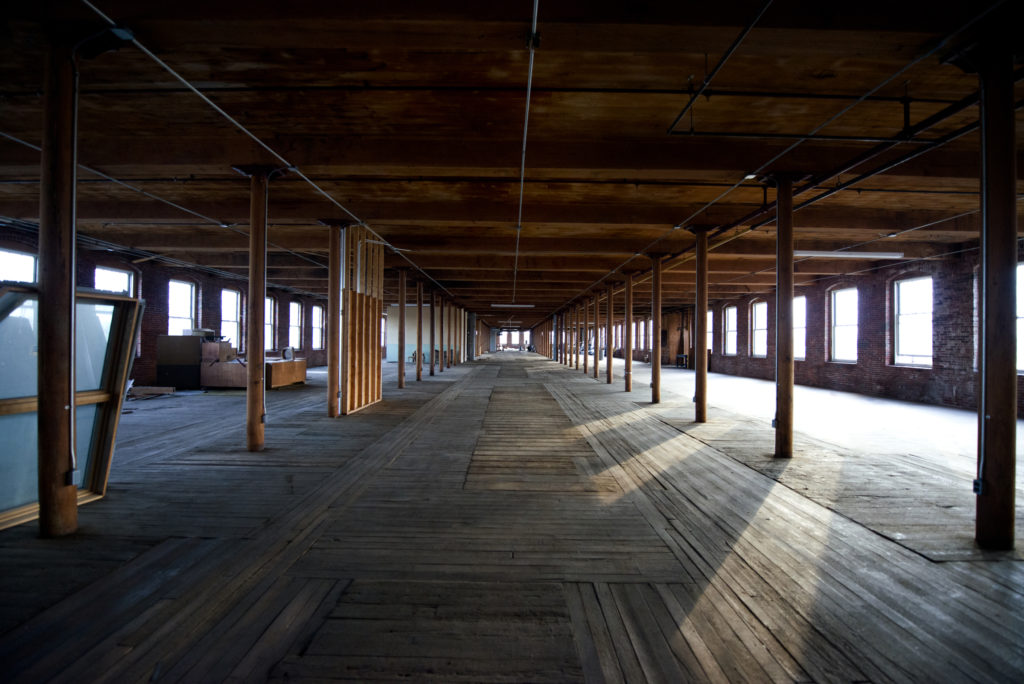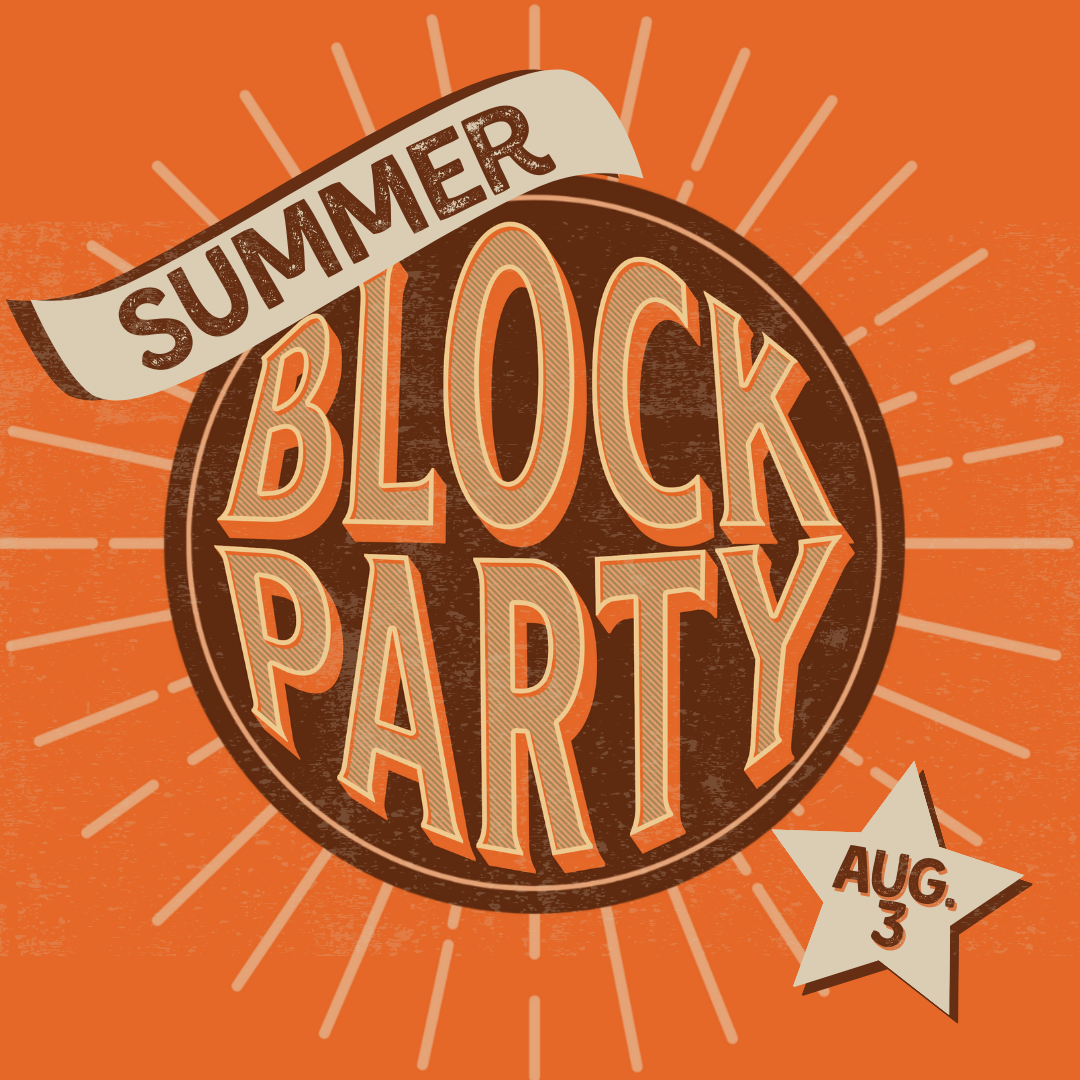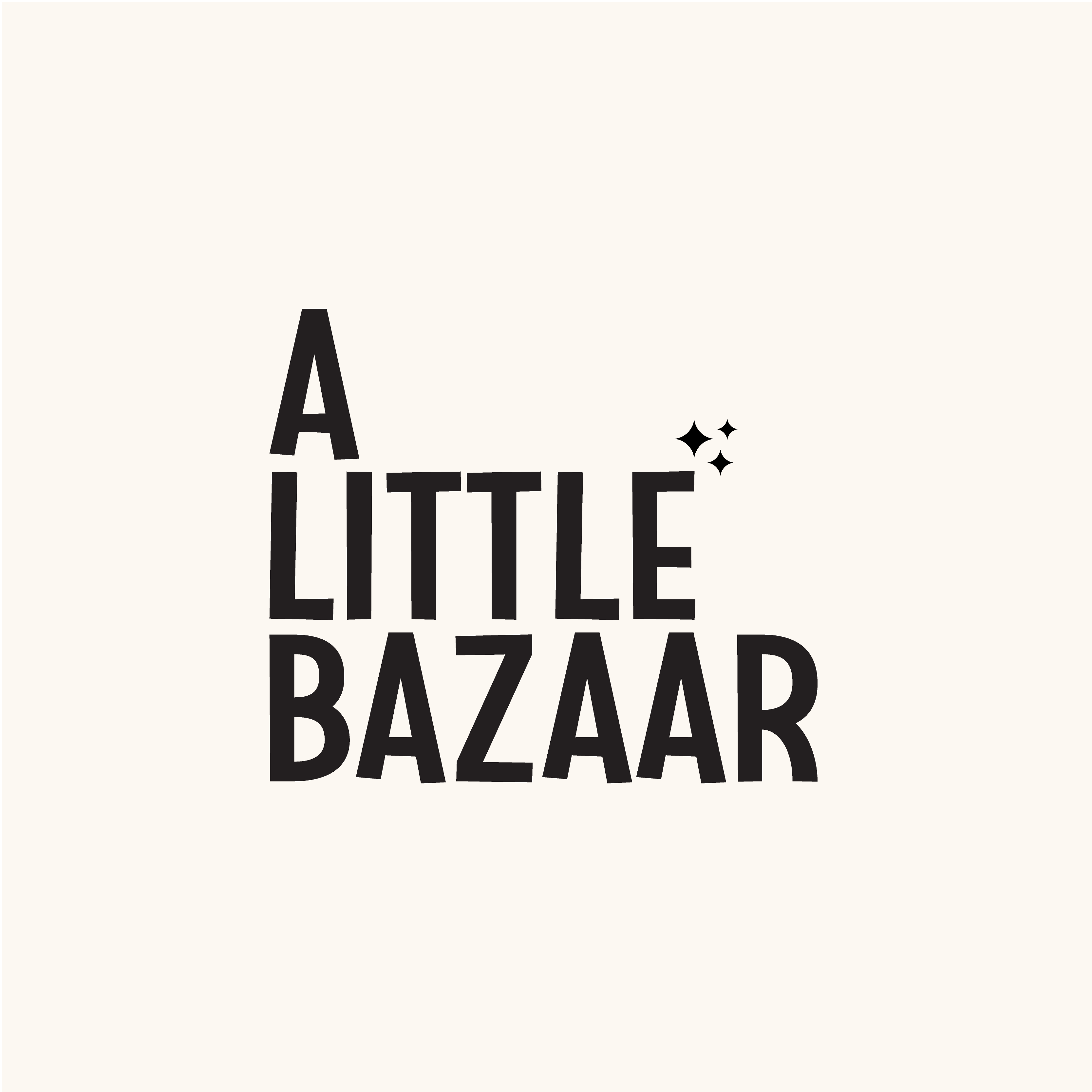History of Mill No. 5 Part 2

This month we bring you Part Two of the history of Mill No. 5 as owner Jim Lichoulas explains his vision for the space and tells us why you will never see traditional advertising for the shops or the events that happen here on a weekly basis.
Imagining what historic Main Street in Lowell would have looked like, Lichoulas created the space inside of Mill No 5 where he could shape the environment and control the artistic elements mirroring the designs and functionality of shops from the late 1800s early 1900s in scale and in form. He wanted the space to be as real as possible and as aesthetically pleasing as possible, which is why he chooses salvaged pieces and traditional building style and décor whenever he can.
“When you go to Disney World and you touch things, it takes away from the experience because you know it’s fake.” Explains Jim. “It’s all happening to you and it’s all contrived and there are tricks involved. But we are designed not contrived, meaning there are intentional decisions to create an environment instead of tricking you into (thinking you are) somewhere that you’re not.”
As for the two original anchor shops in Mill No. 5, Coffee and Cotton and The Luna Theater, the inspiration came from historical places and historical methods of entertainment. The name Coffee and Cotton is more than a lyric in a Jack White song. It refers to the historical aspect of cotton as a raw material which was used in the mill buildings to produce various products. Coffee is also a raw material used to produce something else. As a person you need coffee to fuel your day and cotton at one point fueled the city of Lowell.
Lichoulas knows that the fourth and fifth floor shops are a little bit off the beaten path and a little hard to find, but that is all part of the plan. The area might be a little grimy and the elevator might be a little scary but customers are rewarded in the end.
“Yes there is a sign and yes there is a big arrow pointing you in the right direction. If we try to explain to people what Mill No. 5 is with architectural salvage and a coffee shop and a movie theater and storefronts, the story isn’t there. But when they walk out of the elevator and are allowed to interpret the space themselves and ask the questions, I think it’s a bit more meaningful. Those coming off the elevator for the first time are not expecting what they are hit with. There are buildings inside buildings. Are they old? Are they new? There’s some magic there and there’s a little bit of Narnia which is one of the reasons why we don’t advertise. Word of mouth is how we want things to grow.”
When deciding upon the overall concept of what Mill No. 5 needed to be, Lichoulas asked the question: ‘What place does the Mill serve in someone’s life or in someone’s day?’ He continues, “You have home and work, but what is that third place? You want to go where you can meet other people and it enriches your life. A coffee shop is that third place as is a movie theater, so it is very intentional that we have those places. These places come from different periods of time. Coffee houses were popular early on in America as a place to go and a place to gather and they are popular once again. Movie theaters used to be the place where people would go and see newsreels and where you would take a date. It was a special experience. So, the task was how do we recreate those experiences? You can stay in your own cocoon and watch movies online and have food delivered and not see anybody if you don’t want to. But if you do, where do you go?”
Mill No. 5 is a community and that’s what is important and that has been the vital element of its success. You can’t get history or community like this from Starbucks or Amazon. Lichoulas is not worried about the internet taking over completely because they are eliminating experiences that are not that exciting and making room for those that do to survive because of the need they provide. “They’re taking away a lot of crappy stores and a lot of lousy experiences. As long as there’s good places where people can still go, small businesses will still survive.”







